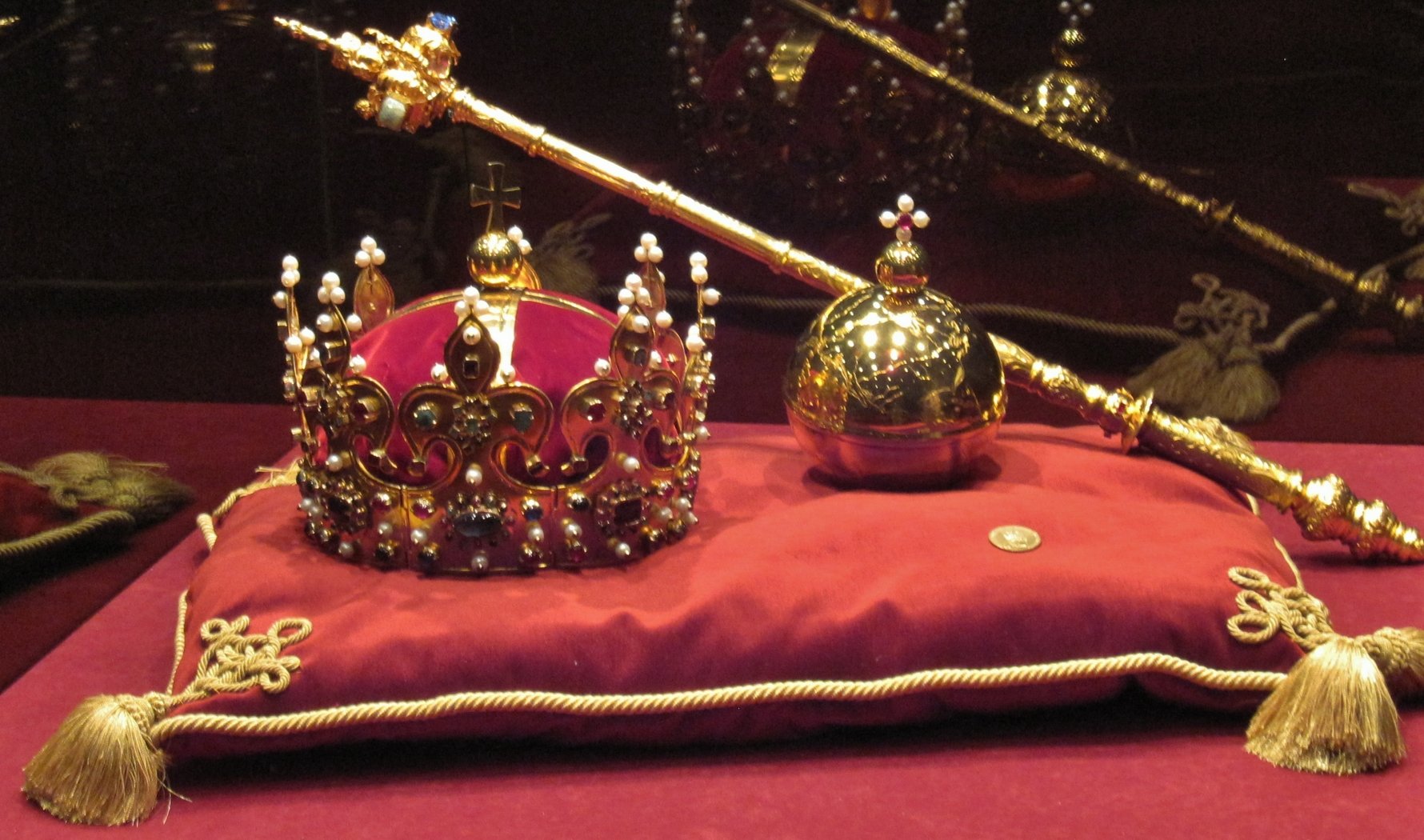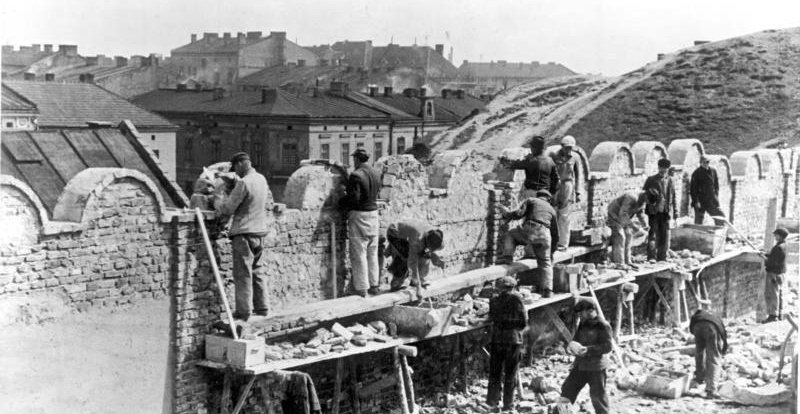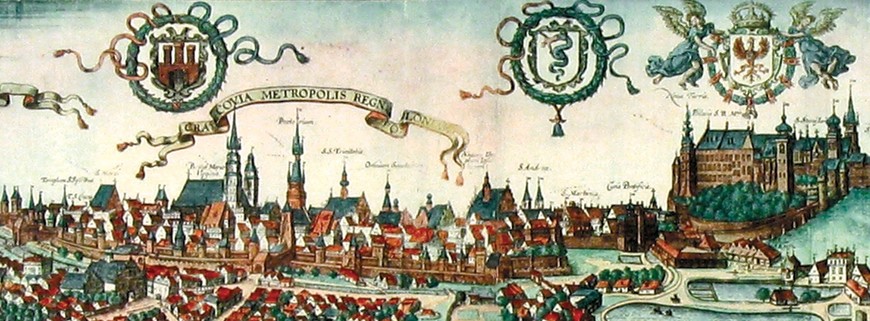Kraków Historical Timeline
966: First written record of the city
990: Incorporated into the Piast dynasty
1000: Kraków bishopric established
1038: Kraków becomes the capital of Poland
1241: The beginning of 50 years of Mongol mayhem
1257: Kraków granted municipal rights
1320: Coronation of King Władysław the Short in Wawel Cathedral, the first royal coronation in Kraków

1335: Kazimierz is founded on the eastern bank of the Wisła River
1364: Jagiellonian University founded
1386: Kraków wedding of Polish Queen Jadwiga and Lithuanian grand duke Jagiełło creates the Polish-Lithuanian Commonwealth
1596: Polish capital moved to Warsaw
1655: Swedish army captures and devastates the city
1683: King Jan III Sobieski leads his Polish army from Kraków to Vienna, defeating the Ottoman Empire and saving Christian Europe

1734: Coronation of King August III, the final coronation in Wawel Cathedral
1772: Austrian, Russian and Prussian troops simultaneously invade the Polish-Lithuanian Commonwealth; First Partition of Poland
1791: The May 3rd Constitution is passed; the Second Partition of Poland soon follows
1794: Prussian army captures Kraków after the Kościuszko Uprising; city’s regalia stolen and lost forever
1796: Kraków becomes part of Austrian Galicia after the Third Partition of Poland
1807: Napoleon establishes the Duchy of Warsaw, to which Kraków is added in 1809
1816: The Free City of Kraków is established and becomes a hotbed of Polish political activism
1846: The brief and ill-fated Kraków Uprising results in the end of the Free City of Kraków, returning it to Austrian Galicia
1918: Poland returns to the map of Europe after WWI
1939: Nazi occupation begins after Hitler's September invasion of Poland
1941: The Jewish Ghetto is established in the Podgórze district

1942: Establishment of the Płaszów concentration camp in Podgórze
1943: Liquidation of the Kraków Ghetto
1945: Kraków ’liberated’ by the Soviet Army
1947: Construction begins on Nowa Huta
1978: Kraków’s Old Town, Wawel and Kazimierz added to the UNESCO World Heritage List; Karol Wojtyła inaugurated as Pope John Paul II
1981: Martial law declared in Poland
1983: Martial law lifted; Lech Wałęsa wins the Nobel Peace Prize
1989: First free elections in Poland in 45 years; Communist regime crumbles

1999: Poland joins NATO
2000: Kraków is the first Polish city to be named 'European Capital of Culture'
2002: 2.5 million people gather on the Błonia to participate in a mass by Pope John Paul II
2004: Poland joins the European Union
2005: Pope John Paul II passes away plunging PL into national mourning
2010: President Lech Kaczyński and 95 other Polish delegates die in a plane crash near Smoleńsk, Russia; Kaczyński and his wife Maria are controversially buried in the Royal Crypts at Wawel
2012: Poland co-hosts the Euro 2012 football tournament with Ukraine
2013: Kraków is designated official UNESCO 'City of Literature'
2016: Kraków hosts Pope Francis during Catholic World Youth Day






Comments